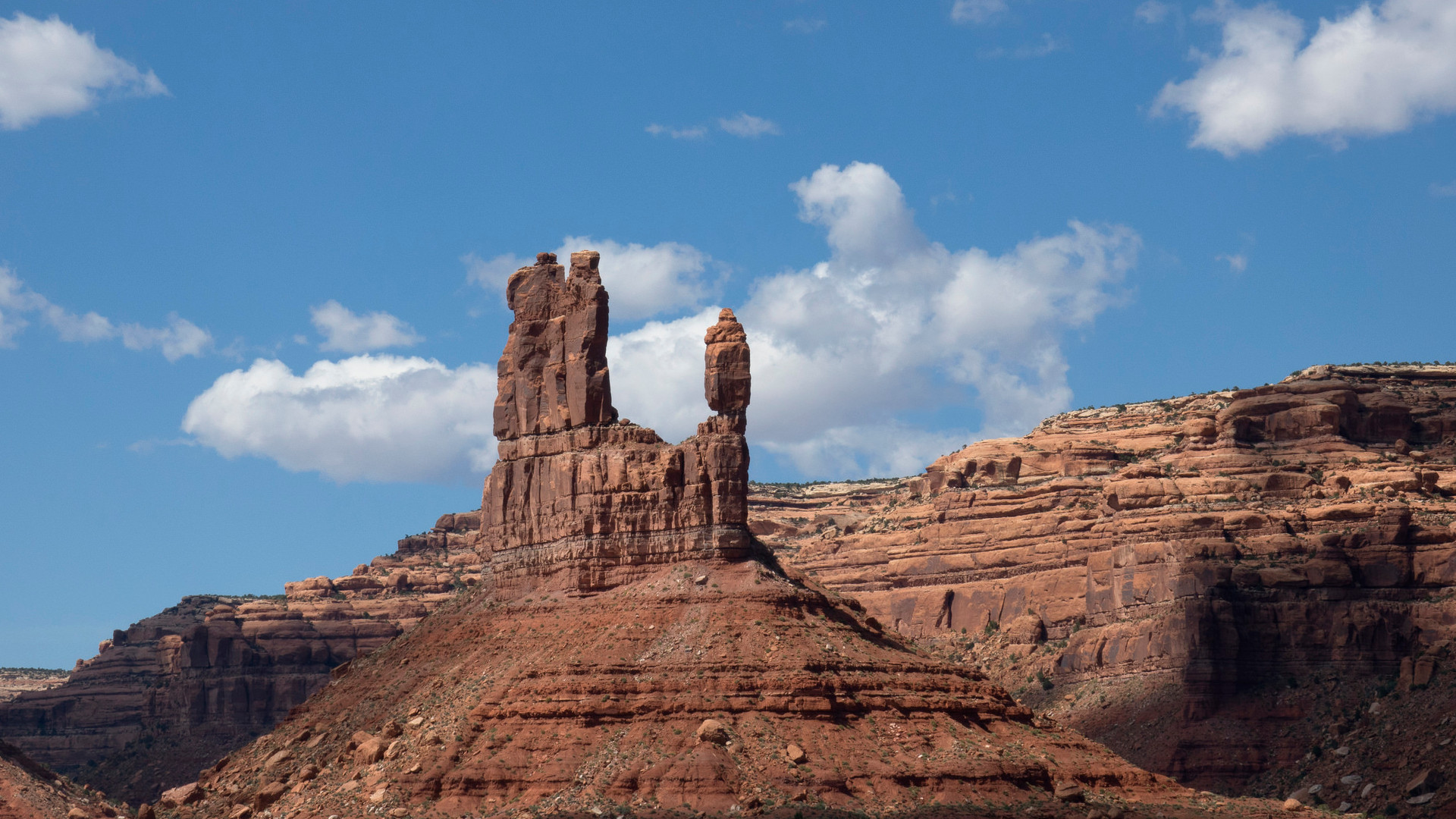If President Trump gets his way, more than two dozen of the country’s protected national monuments could soon be a thing of the past.
There’s just one problem: According to a new study, President Trump can’t get his way. That’s because the Antiquities Act of 1906 only grants the President the ability to create new national monuments, not destroy them. “The President lacks the authority to rescind, downsize or otherwise weaken the protections afforded by a national monument proclamation declared by a predecessor,” the paper, published in Virginia Law Review Online, concludes.
That one-way authority, admittedly, makes the Antiquities Act a bit of an “oddball law,” says one of the paper’s authors, Sean Hecht, who’s also co-executive director of the Emmett Institute on Climate Change and the Environment at the UCLA School of Law. Still, this legal power has remained unchanged since the Antiquities Act was passed 111 years ago. “I guess Congress has decided that it likes it enough that it hasn’t touched it, so it stands in its current form,” Hecht says.
So if Trump can’t shrink national monuments, who can? Interestingly enough, according to Hecht and his co-authors, that ability lies with the very institution that did not pass the authority on to presidents in the first place. “We argue that Congress is the body that would have the power to do that,” Hecht says.
Congress, however, has only taken that action once: a 105-acre reduction in Idaho’s Craters of the Moon National Monument & Preserve in 1996.
Does this mean Bears Ears and other national monuments are safe from the twin threats of dissolution and development? That remains to be seen. Hecht points out the Department of the Interior is clearly setting up President Trump to take action to reduce national monuments, whether it’s legal or not.
That means Trump and his allies could still take action against sites’ national monument status. “This president and other presidents have demonstrated they will take action even if their legal authority to do so is questionable,” Hecht says. “Clearly the president could just decide to shrink or even revoke the status of a national monument and then people would have to sue and the courts would have to resolve the issue.”



Outstanding article. Thanks…as I understand
your conclusion:
Antiquities Act may go
back to its foundation @
Congress. And the ultimate test for the power
of presidential actions
May be settled in Court.
I agree with the legal conclusion and in fact concluded the same thing when Trump threatened to do this.
Someone should also analyze whether Trump has the authority to cancel environmental review under NEPA, as he did for the DAPL and Keystone XL pipeline permits. Without doing the research, my initial feeling is that a president may not cancel environmental review once an the administration or one of its agencies determines that it is required. Here, the Obama administration determined that these reviews were required. May Trump subsequently legally cancel the reviews?
The Federal Land Policy and Management Act of 1976 clearly states that national monuments can be modified or revoked only by an act of Congress.